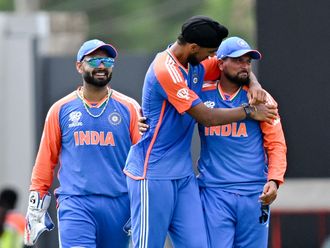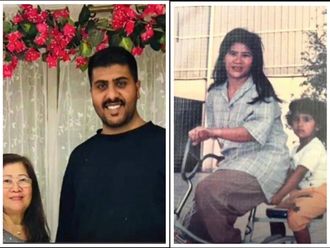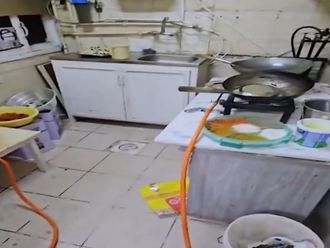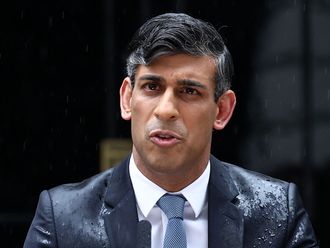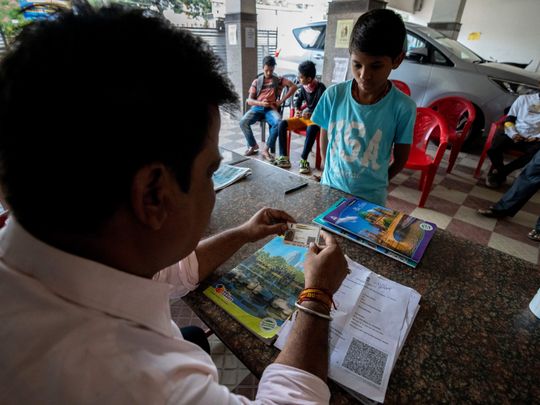
New Delhi: India’s tally of daily COVID-19 cases nearly doubled on Monday from the previous day to more than 2,000 for the first time in a month, government data showed, and the southern state of Kerala reported a big jump in deaths.
India was at the centre of the global COVID crisis this time last year but the situation has improved since then and most precautions including the wearing of masks have recently been dropped.
But cases have been creeping up in the country of 1.35 billion people in the past few days.
The capital, Delhi, last week tightened COVID precautions for schools and neighbouring Uttar Pradesh, India’s most populous state, again made masks compulsory in public places in some districts.
Authorities reported 2,183 new infections on Monday, taking the running total to more than 43 million, according to health ministry data.
The ministry reported 214 more deaths, including 151 since April 13 in Kerala, which is widely considered to issue more accurate data than many other states.
India has reported a total of about 522,000 deaths from the coronavirus though many global experts have said its real death toll could be higher.
The government has repeatedly rejected those higher estimates saying the mathematical models used to estimate deaths in smaller countries cannot be relied on for India.
Apart from Kerala, Delhi and the states of Maharashtra and Haryana reported triple-digit increases in infections in the past 24 hours. Hospitalisations have remained low though.
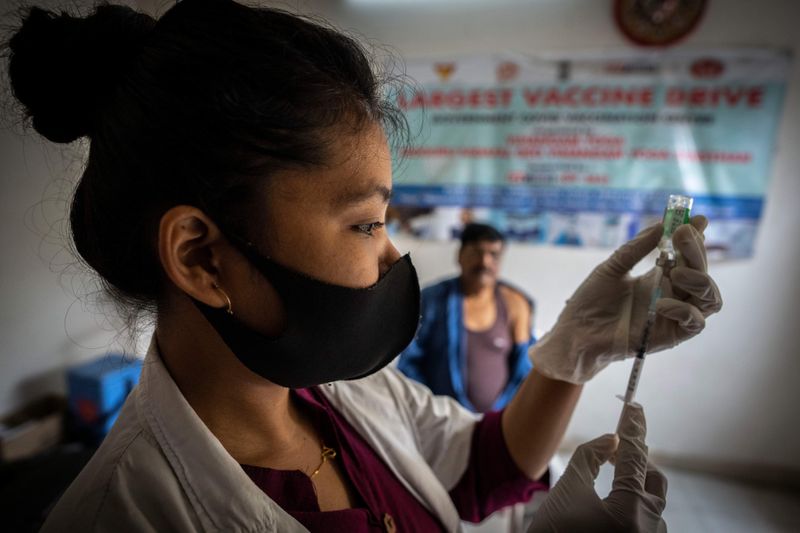
Epidemiologist Chandrakant Lahariya said people had to learn to live with the virus and authorities should not close schools that were only recently opened.
“Cases will be reported from all settings - including schools - for many months to come, no matter what we do,” he wrote on Twitter.
Why cases are surging among children
Opening of schools, low vaccination rates among the kids, and most importantly, lack of adherence to Covid measures are the major reasons behind the current surge in infections seen among young children, said health experts here on Monday.
Nearly 100 school children in the NCR region of the capital have been infected with SARS-CoV-2, the virus causing Covid-19 disease, in the last few days.
Since the beginning of the new academic session in April, about 59 students in Gautam Budh Nagar and 32 in Ghaziabad across 22 schools tested positive for Covid. Several schools in Delhi have also reported positive cases. Besides children, teachers have also been infected.
Health authorities in Delhi and Noida have instructed schools to follow the Covid protocols strictly and to set up Covid help desks. Schools have been directed to close down the wing or the school completely even if a single case of Covid is reported among students. Parents have also been asked not to send children to school if they report any symptoms of the viral illness.
“Covid-19 cases are showing a rapid surge in the paediatric group at the moment especially in our NCR region because the kids have started attending school. They are not vaccinated yet as the vaccine is still under trial for under 12 years of age group,” Dr. Col. Vijay Dutta, Senior Consultant, Indian Spinal Injuries Centre, told IANS.
“With gaps in the precautionary measures the infection will happen,” added Dr Smita Malhotra, Consultant, and Paediatric Gastroenterologist, Indraprastha Apollo Hospitals, New Delhi.
The doctors pointed out that the typical symptoms include mild cough, cold, fever and headache.
In a few cases the symptoms can be diarrhoea and fatigue. So far, there are no pneumonia cases in the paediatric group, they noted.
According to experts, the BA.2 sub-variant of Omicron is currently the predominant strain in the country.
While Covid cases among children were significantly low worldwide during the last two years of the pandemic, the Omicron wave, which began in late November last year, caused increased infections in kids.
Children were majorly affected with multisystem inflammatory syndrome and upper airway infection, such as laryngotracheobronchitis (commonly known as croup) that is characterised by barking cough, and noisy breathing.
A recent study published in the JAMA Paediatrics showed that upper airways infection increased during the Omicron surge. It led to a surge in hospitalisation with several kids requiring invasive ventilation, vasopressors, or extracorporeal membrane oxygenation, and even deaths, in the US.
The study by a team of researchers from US universities of Colorado and Northwestern found that small and relatively collapsible airways in young children makes them more vulnerable to upper airway infection such as croup, which, if severe, can lead to cardiac arrest.
Because children below 12 years of age cannot be vaccinated, it raises their risk of contracting Covid. Thus “following the universal precautionary measures, which includes hand washing, social distancing and wearing masks” is essential, Malhotra said.


